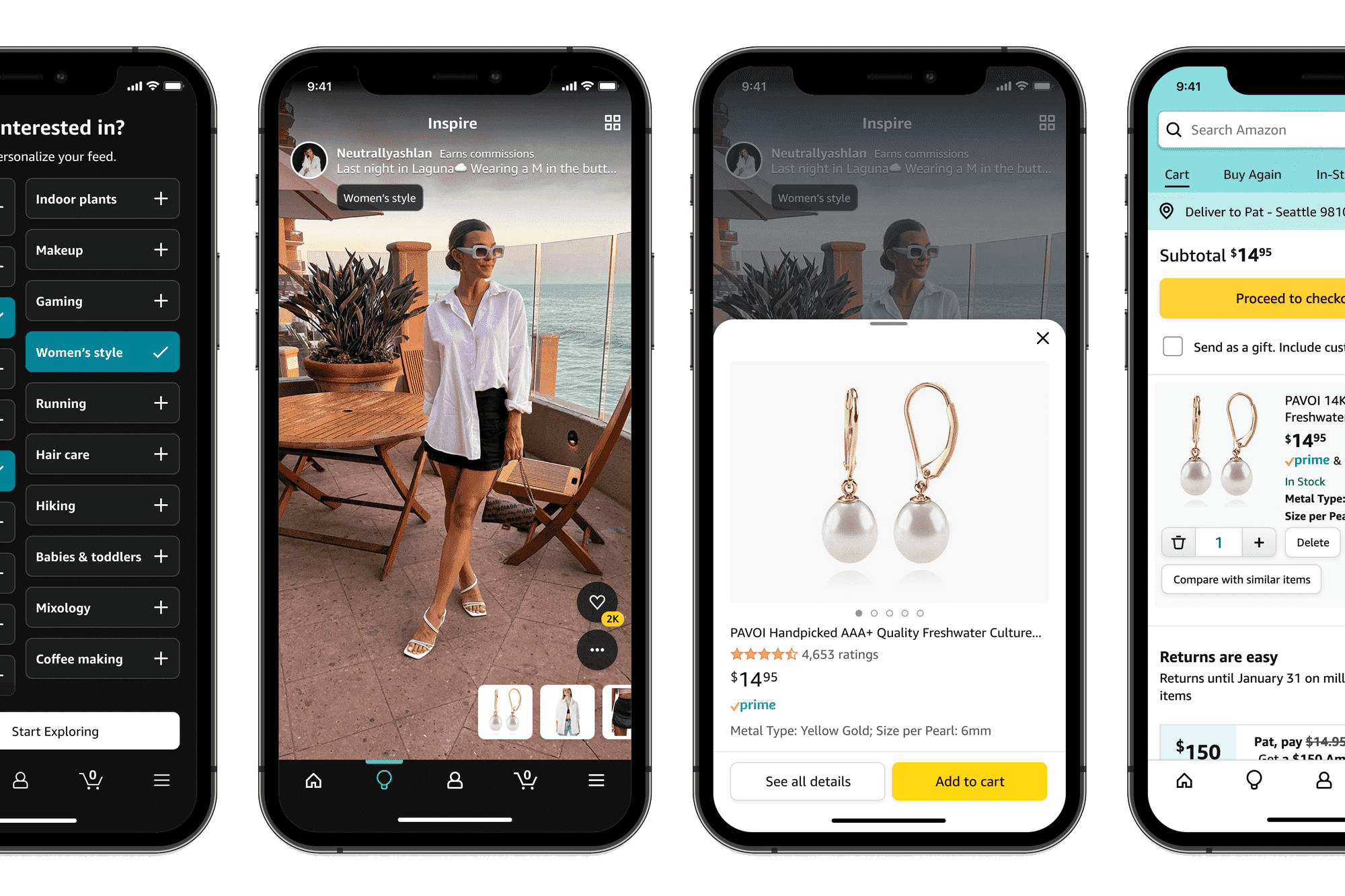Digital strategy refers to a set of plans, tactics, and actions that an organization or individual undertakes to achieve their goals using digital technologies and channels. It involves utilizing digital tools and platforms to connect with customers, promote products and services, increase brand awareness, and ultimately drive revenue and growth. A well-crafted digital strategy takes into account the organization's objectives, target audience, available resources, and the competitive landscape to create a comprehensive plan for digital success.
Do I need a Digital Strategy:
Whether or not you need a digital strategy depends on your business goals and your current level of digital presence. A well-crafted digital strategy can help businesses of all sizes and industries to leverage digital technologies and channels to grow their brand, increase customer engagement, and drive revenue. If you’re looking to expand your digital footprint, reach new customers, and stay ahead of your competition, then developing a digital strategy may be essential.
However, it’s important to note that not all businesses may need a comprehensive digital strategy, and some may be able to achieve their goals with a more straightforward approach. For instance, a small local business that primarily relies on foot traffic may not need a complex digital strategy but may benefit from establishing a basic online presence through a website and social media accounts.
Ultimately, it’s important to evaluate your business objectives and current digital presence to determine whether a digital strategy is necessary and to what extent.
What tools do I need?:
The tools you’ll need for your digital strategy will depend on your specific goals and the channels you plan to use to reach your target audience. Here are some common digital tools that may be useful in your strategy:
Website: A well-designed and optimized website is essential for any digital strategy. It’s the foundation of your online presence and can be used to showcase your products or services, provide information, and capture leads.
Social media: Social media platforms such as Facebook, Twitter, LinkedIn, and Instagram can be effective channels for reaching and engaging with your target audience. They allow you to share content, connect with customers, and build brand awareness.
Email marketing: Email marketing is a powerful tool for reaching your customers directly and nurturing relationships over time. It can be used to send promotions, newsletters, and other types of content to your subscribers.
Content creation tools: Content creation tools such as Canva, Adobe Creative Cloud, and Hootsuite can help you create and distribute high-quality content across various channels.
Analytics tools: Analytics tools such as Google Analytics, SEMrush, and Moz can help you track and analyze the performance of your digital campaigns, allowing you to adjust your strategy and optimize for better results.
Customer Relationship Management (CRM) software: CRM software such as Salesforce or HubSpot can help you manage customer interactions, track sales leads, and personalize your marketing efforts.
Overall, the specific tools you’ll need will depend on your business objectives and the digital channels you plan to use to achieve them.
Is it difficult or do I need an expert?:
Developing a digital strategy can be a complex and challenging task, and it’s essential to have a deep understanding of digital technologies, marketing, and business principles.
While it’s possible for individuals or small businesses to create a digital strategy on their own, larger organisations and complex projects may require the help of an expert in digital strategy.
An expert can help ensure that your strategy aligns with your business goals and is tailored to your specific needs and target audience.
Additionally, an expert can provide guidance and advice on best practices, emerging trends, and digital tools and platforms that can help you achieve your goals. Ultimately, the level of expertise required depends on the size and complexity of your project, as well as your level of comfort and familiarity with digital technologies and marketing.
How much would it cost?:
The cost of developing a digital strategy can vary widely depending on various factors, such as the scope of the project, the level of complexity, and the expertise required.
In general, smaller businesses and simpler projects may be able to develop a digital strategy on their own or with the help of a consultant for a few thousand dollars. However, larger organisations and more complex projects may require a dedicated team of digital strategy experts, and costs can range from tens of thousands to hundreds of thousands or even millions of dollars.
It’s essential to work with a reputable and experienced agency or consultant and discuss your budget and requirements upfront to ensure that you receive a fair and reasonable price.



